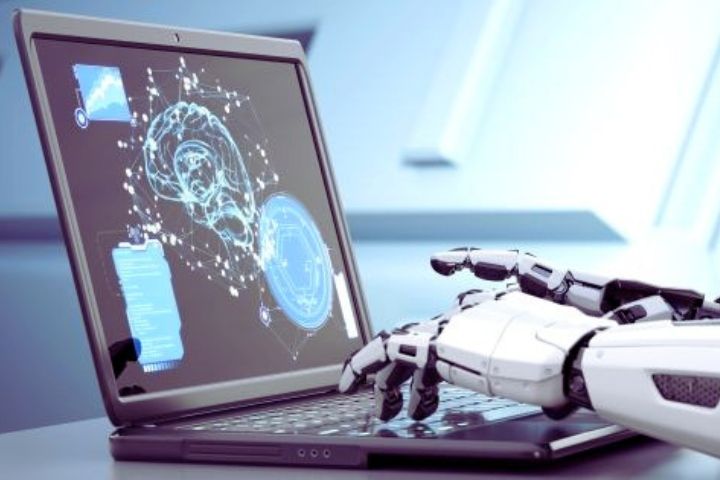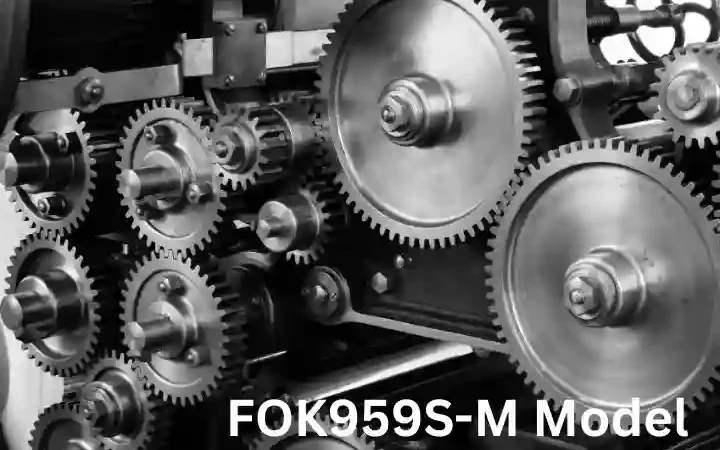Artificial Intelligence Capabilities Can Never Replicate

Artificial Intelligence Capabilities can never replicate : Intelligent Automation technologies (Robotics and Artificial Intelligence) are seeing their business adoption accelerate exponentially in a survival response to the crisis.
There has been much talk in the market about the labor impact of AI in administrative jobs that can be replaced by these technologies, and about the need to train these human groups in new skills so that they opt for new forms of higher-value work.
However, not enough has been said about the impact of Artificial Intelligence in those positions that require situation diagnosis and decision-making capabilities based on the analysis of information and logical thinking, two capabilities in which AI has an overwhelming advantage over the human being (remember the tears of Lee Sedol, world champion of Go, the most complex game man has invented, when he was defeated by AlphaGo displaying “a perfect game” in his own words). This impact will inevitably affect middle management and company analysts in all sectors of activity.
In this scenario of dizzying change, what skills should companies focus on for the development of their human resources?
Table of Contents
Artificial Intelligence Capabilities And Emotions
There are three human skills that cannot be replaced by Artificial Intelligence, in which human beings have an insurmountable advantage today, and they are empathy, leadership, and creativity:
Leadership
It is undeniable that AI will replace workers in basic tasks of economic-financial management, logistics, materials, human resources, and projects, but people have more advanced management capabilities that AI cannot replace. The following two skills play a key role:
- This is the ability to help members of the organization develop their skills and grow professionally through our innate leadership ability to set goals, motivate, set an example, evaluate, delegate, and pass on experience.
- Secondly, there is the ability to carry out the recovery management of the members of the organization when they suffer problems derived from interpersonal relationships or other emotional reasons and is based on the skills of understanding, advice, care, and protection.
The Creativity
It will be even more difficult to replace the ability to launch new ideas in the organization, communicate in an attractive way, persuade and get the organization to move forward smoothly to implement innovative ideas.
Of course, Artificial Intelligence has shown that it can help generate new creations, learning from the history of previous proposals. This method does not seem very efficient for innovative cycles, considering that the creative processes in the company need more and more agility.
If we contrast this process with human creativity, which at its greatest exponent presents cases like Conan Doyle, Dostoevsky, or Robert L. Stevenson, who wrote their masterpieces in less than a week, it seems that at least for the moment human creativity is unsurpassed.
Therefore, vision, innovation, collective intelligence management, and the ability to realize new ideas in an organization may be complemented but never replaced by AI, thus becoming increasingly important for managers and leaders in the transformation that it’s coming.
In conclusion, in this scenario of the need to reinvent itself, the unstoppable trend is the use of Intelligent Automation technologies not only to execute administrative tasks but also to reinforce customer service, carry out basic analysis and management tasks, and facilitate innovation processes. .
But we must not let ourselves be carried away by the already traditional and irrational fear that machines will replace man. If this process of transformation pushes us as humanity towards jobs in which the main qualities needed are empathy, leadership, and creativity, the welcome is the change.






